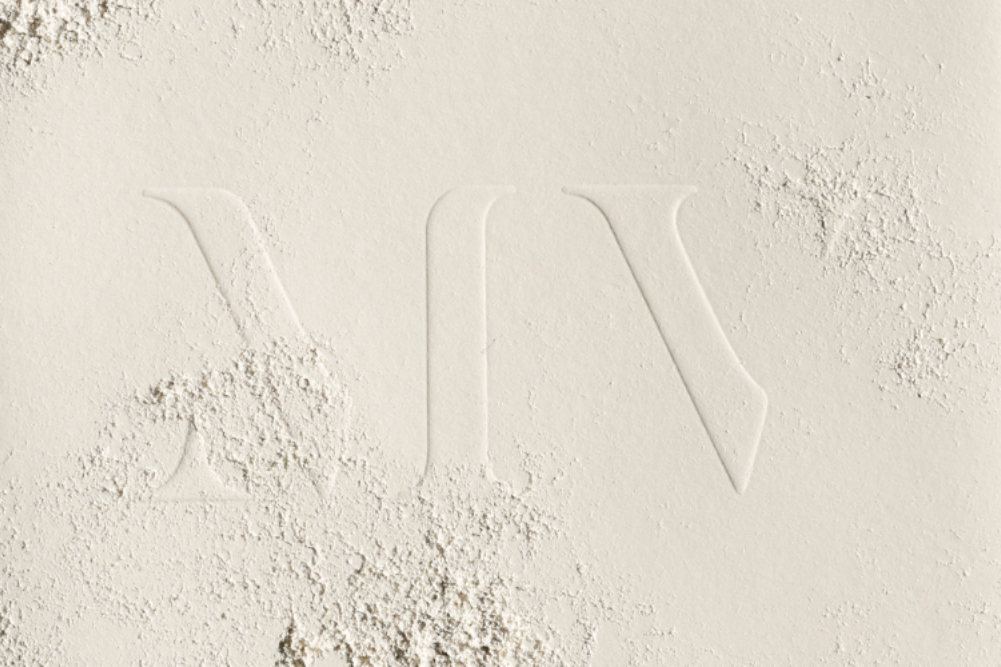Spice up your beauty routine with these 6 herbs & spices
Spices and herbs have been used for culinary and medicinal purposes for centuries. Spices not only improve the taste and colour of meals but possess abundant health and beauty benefits both inside and out.
Research has shown the medicinal properties of spices are due to their bioactive constituents, including sulphur-containing compounds, tannins, alkaloids, phenolic diterpenes and vitamins, specifically flavonoids and polyphenols. You can think of spices like concentrated medicinal powerhouses!
Utilise the healing power of food for clear, glowing skin and strong, healthy hair with these six herbs and spices.
Skin
Cinnamon
Cinnamon is known for its for its antibacterial and blood glucose stabilising actions.
Topically
Research has shown a topical application of cinnamon bark extract mixed with raw honey can help fight the major acne-promoting bacteria Propionibacterium acnes and Staphylococcus epidermidis.
For an easy face mask to make at home, simply combine 1 teaspoon of true cinnamon mixed with 1 tablespoon of raw honey in a jar. Apply on the face a few times per week for 10 minutes. Wash well.
Internally
Cinnamon supports glucose transport into cells and increases insulin sensitivity. This results in balanced blood and insulin levels which are very important for clear, glowing skin.
Dysregulated insulin and blood sugar levels can lead to increased production of oil from the skin and problems with follicular keratinisation, which is the natural process of shedding skin cells. When your skin cells aren’t being shed efficiently you might experience blocked hair follicles or oily and blemished skin. Add cinnamon abundantly to your meals; sprinkle on roast vegetables, add to your morning oats and sip on a turmeric latte (recipe below).
Turmeric
Turmeric is one of nature’s most powerful spices and is revered for its powerful antioxidant, antibacterial and anti-inflammatory properties.
Topically
An anti-inflammatory, antiseptic and antibacterial face paste can be made to treat acne, eczema and psoriasis. Mix 1 teaspoon of good-quality turmeric powder with 1 tablespoon of raw honey and apply to the face for 10–20 minutes before washing off. Your face may turn yellow, so it is best to do this before bed. If there is still a yellow tinge, use an oil cleanser to remove any excess.
Internally
One of the primary causes of ageing and damaged skin is oxidative stress. Oxidative changes occur due to genetics, smoking, poor dietary choices, stress, sun damage and illness. Luckily, eating antioxidant-rich foods like turmeric can help fight oxidative stress and improve skin appearance, speed up wound healing and slow down the ageing process.
Additionally, the volatile oils in turmeric possess powerful anti-inflammatory activity, helping calm inflammatory skin conditions such as eczema, dermatitis, psoriasis and acne.
Hot peppers
Hot peppers including chilli, cayenne, paprika and jalapeños possess antimicrobial and antioxidant activity.
Internally
It is advised to acquire the medicinal properties by ingesting peppers rather than using them topically as they can burn skin and irritate open wounds.
Hot peppers are rich in skin-loving vitamins A, C and E which help to repair damaged skin cells and support skin integrity through promoting collagen synthesis.
Hair
Aloe vera
Aloe vera is an anti-inflammatory and antimicrobial plant.
Topically
The gel from the inside the aloe vera plant has been used traditionally for stimulating hair growth following alopecia. It has been suggested that the constituent aloenin along with aloe vera’s pH value (pH 6), which is very close to the skin’s (pH 5), can facilitate the penetration of nutrients into the hair bulb, revitalising and promoting hair regrowth.
Rosemary
Rosemary is an antifungal, an antioxidant and a circulatory stimulant.
Topically
The most important constituents of rosemary are thought to be caffeic acid and its derivative rosmarinic acid. Due to their antioxidant activity, a few drops of rosemary oil can be rubbed into the scalp daily to help stimulate circulation and hair growth.
Tea tree
Tea tree is a powerful antibacterial, antifungal, antiseptic and anti-inflammatory plant.
Topically
Tea tree has been used for centuries to treat many conditions. The Bundjalung people of northern New South Wales used crushed tea tree leaves in poultices and infusions for many skin ailments. Research has shown that tea tree can also be applied to the scalp to combat mild to moderate dandruff, scalp itchiness and greasiness.
Tea tree is suitable for topical use only, as internal use is poisonous.
Golden Glowing Skin Milk Recipe
Serves: 1
=R1=








